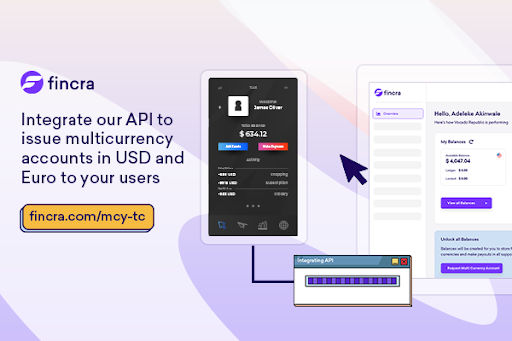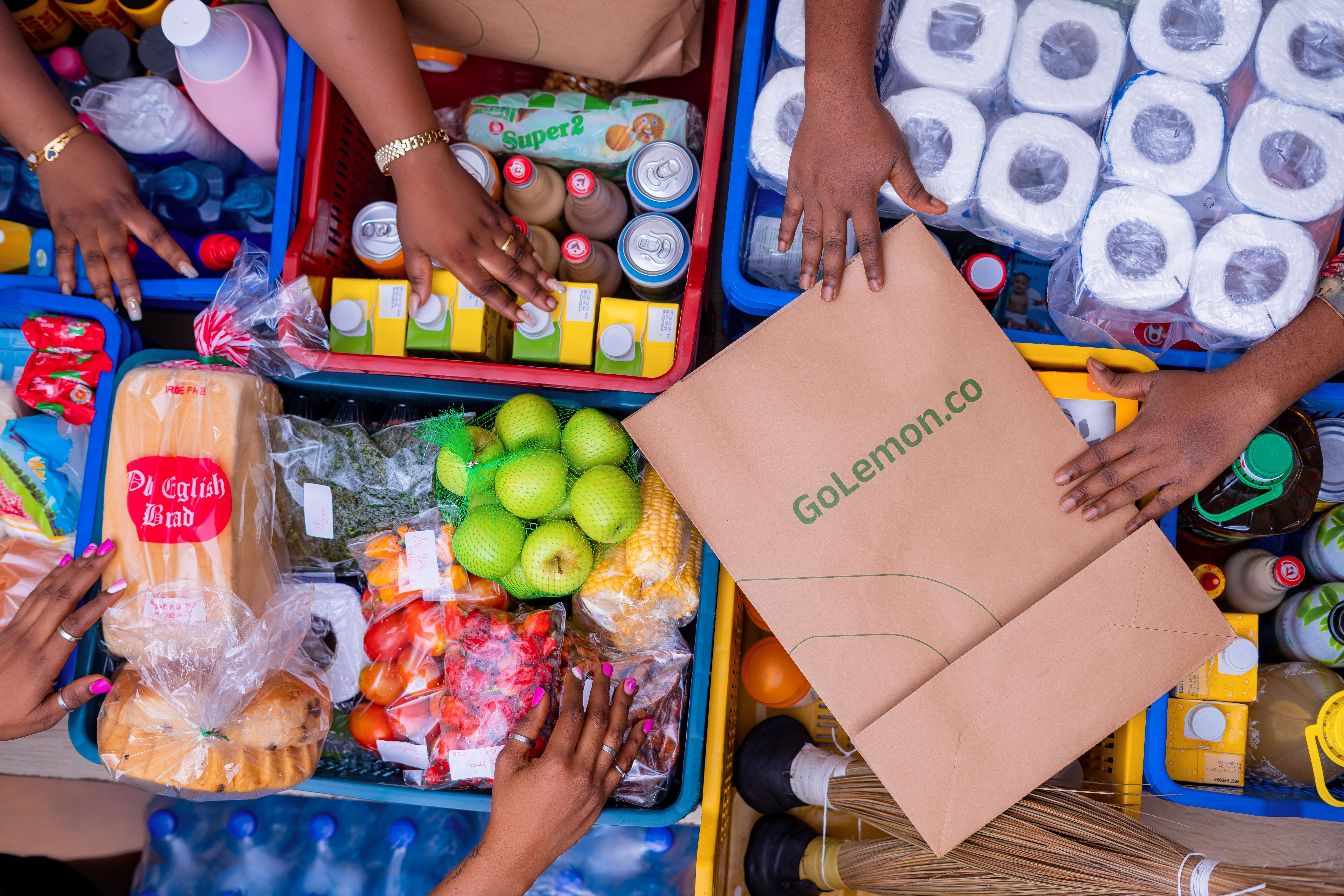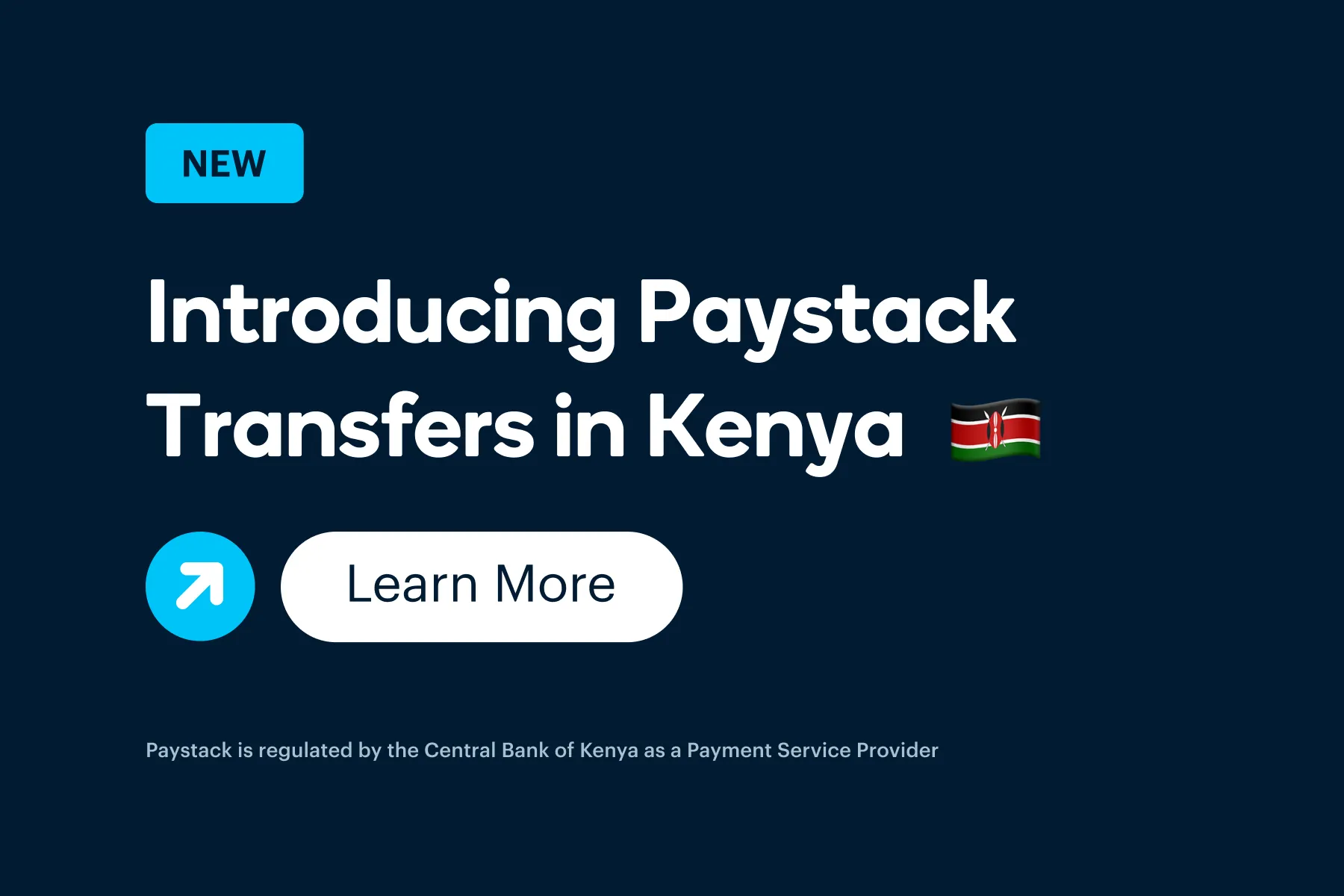- 👨🏿🚀TC Daily
- Posts
- Big boy hires
Big boy hires
Today: FBN Holdings begins ₦150 billion rights issue.


Good morning! ☀️
Zenith Bank customers will finally breathe some fresh air after the Nigerian tier-1 bank wrote to its 30 million customers in an email signed by the Group Managing Director, confirming that it has finalised its core banking migration. The bank claims it now has “the best technology infrastructure in the industry.”
It switched from Phoenix to Oracle’s Flexcube, a system used by at least eight other banks. While the migration, expected to be completed in October, did not go as hitch-free as Zenith would have liked, the bank appears eager to return to better days.

Fintech
Moniepoint taps Stanbic IBTC CFO

Moniepoint, Nigeria’s newly-minted unicorn fintech, announced yesterday that it has appointed Bola Olujobi as the Chief Financial Officer (CFO) for its microfinance bank. He was previously the CFO of Stanbic IBTC.
The announcement is belated, as he joined the fintech in March 2024, according to sources.
The startup says that Olujobi will drive its plan to digitise operations for 2 million SMEs, onboard 30 million businesses over the next five years, and expand its digital payments, banking, foreign exchange (FX), credit, and business management tools across Africa.
While some will theorise that this means Moniepoint is eyeing a commercial bank licence, it's likely that this is just an experienced hire. What company doesn't need experts?
Nonetheless, Olujobi’s appointment continues a trend of top fintech startups ramping up compliance hiring, and poaching top talent from banks and other fintechs.
Read Moniepoint’s Case Study on Funding Women

After losing their mother, Azeezat and her siblings struggled to keep Olaiya Foods afloat. Now, with Moniepoint, they’re transforming Nigeria’s local buka scene. Click here for a deep dive into how Moniepoint is helping her and other women entrepreneurs overcome their funding challenges.
Banking
FBN Holdings flags off ₦150 billion rights issue

It is still capital-raising season for Nigeria’s biggest banks, as they race to meet the Central Bank's fresh capital requirements. Since March 2024 when the regulator increased minimum capital tenfold, several banks have sold shares to existing and new shareholders.
FBN Holdings, the parent company of Nigeria’s oldest bank First Bank, is the latest to make a case to investors. On Wednesday, the company flagged off its ₦150 billion ($89.6 million) rights issue. It is selling over 5 billion shares to its existing shareholders. If you know any First Bank shareholders, tell them the bank wants more of their money.
Just like it’s a tough time for startups looking to raise funding, Nigeria’s biggest banks are seeking capital in a tough macroeconomic condition, rising inflation, and historic scepticism around the Nigerian stock market. It means they must make a strong case to investors and the market.
Yet, FBN Holdings believes it has the secret ingredient to convince shareholders to buy more shares: its diversified portfolio which has helped it maximise shareholder value. If you ask anyone in banking, that’s the Holy Grail of the industry.
After closing the ₦150 billion ($89.6 million) rights issue, it plans to raise an additional ₦300 billion ($179.2 million) to draw it closer to its ambition of becoming the “leading African financial services provider delivering innovative solutions.”
Issue USD and Euro accounts with Fincra

Whether you run an online marketplace, a remittance fintech, a payroll, a freelance platform or a cross-border payment app, Fincra’s multicurrency account API allows you to instantly create accounts in USD and EUR for customers without the stress of setting up a local account. Get started today.
Startups
GoLemon halves delivery time

GoLemon, the grocery delivery startup founded by four ex-Paystack staff members, will begin testing next-day delivery next week. Currently, it takes at least two days for an order to arrive at customers' doorsteps in the shiny green buses.
This drastic reduction in delivery time can earn the startup cool points in a market accustomed to same-day delivery from competitors like Mano, PricePally, My FoodAngels, and Chowdeck.
Speed is a lot more complicated in grocery delivery than food delivery because of how badly the farm-to-table supply chain in Nigeria is fractured by a bad logistics system, inefficient storage systems, and badly organised open markets.
Where riders can simply pick up cooked food from restaurants or the kitchen of a cloud kitchen in food delivery, sourcing food produce can be a lengthy process. Inventory limitations and supplier availability can sometimes lead to items being out of stock or insufficient in quantity.
The startup says it can reduce delivery time because of new partnerships with reliable farmers and suppliers who can guarantee access to items. It has also developed a predictive model that can help it ensure that it takes into account what its customers are likely to order and in what quantity. By June 2024, the 8-month-old startup had delivered ₦150 million ($90,000) worth of items to 7,000 homes, so it has a reasonable amount of data to work with.
The company also runs round-the-clock operations, including overnight picking and packing, processing, early morning quality checks, and real-time inventory management.
While these processes sound like a no-brainer, they are people-heavy operations that need to be revised. They are also pretty expensive. However, GoLemon says that this change will not affect delivery prices as low as ₦300 ($0.18).
Some startups deliver groceries in 40 minutes—Chowdeck does this by shipping from local markets or from malls when a person orders. However, this does not allow them to ensure the quality of the item. Moreover, they source from retailers, so they may be more expensive than buying directly from farmers or suppliers.
GoLemon prioritises quality and affordability over speed, so it seems to have been going at its own pace to ensure it gets both right.
The startup, which launched in March, has come a long way. When it first piloted, it used to only deliver on weekends before transitioning to 2-day delivery.
Introducing Paystack transfers in Kenya 🇰🇪

Paystack merchants in Kenya can now send single and bulk transfers to any Kenyan bank or MPESA account (including customer wallets, Paybills, and Tills) Learn more →
Cryptocurrency
Trump’s win sends bitcoin to record high

The U.S. President-elect Donald Trump's victory triggered a bullish wave across the cryptocurrency market after the election, reports say.
Bitcoin surged by $6,000 to an all-time high of $75,000. Ethereum traded at over $2,500, up 6.4%, while Solana surged by 12.5%, retailing for $182.
Trump made election promises to prioritise cryptocurrency.
During his campaign, he shared plans to fire Gary Gensler, the chair of the U.S. Securities and Exchange Commission (SEC), a key figure in the crackdown on crypto firms during the Biden administration.
He also promised to ensure the federal government never sells off its present or future bitcoin holdings, as selling portions of them could trigger a drop in crypto prices.
His proposal to appoint Elon Musk, a long-time proponent of cryptocurrencies, to audit governmental waste has further boosted confidence in Trump's plans.
He has won the election. It remains to be seen if he will hold up his end of the bargain.
CRYPTO TRACKER
The World Wide Web3
Source:

Coin Name | Current Value | Day | Month |
|---|---|---|---|
| $74,739.32 | + 1.01% | + 19.38% | |
| $2,837.46 | + 10.11% | + 16.06% | |
$0.002244 | - 65.41% | - 74.11% | |
| $188.58 | + 2.19% | + 30.89% |
* Data as of 06:15 AM WAT, November 7, 2024.
Events
- The Africa Startup Festival will take place on November 16, 2024, in Lagos, Nigeria, gathering entrepreneurs, investors, and innovators to explore the continent’s startup landscape. This year’s speaker line-up will include media and venture analysts like Oyin Solebo, Satoshi of Verod Kepple Africa Ventures, Bernard Ghartey of Norrsken22, and Nigeria’s innovation commissioner, Olatubosun Alake. There will be workshops, keynotes, and networking sessions for participants, founders, and investors to uncover business deals in Africa, and the talent building them. Get tickets.
- The Ibadan Startup Festival, scheduled for November 29-30, will gather founders, investors, and ecosystem leaders to discuss innovation and entrepreneurship in Africa. Supported by the Oyo State Government, it offers workshops, panels, and networking to drive sustainable tech growth across the continent. Register here.
Get 60% off Google Workspace for a Year

Start on Google Workspace with a 60% discount on your monthly subscription and pay in Naira when you pay through Mercurie. Sign up to get started now.

Written by: Ngozi Chukwu & Ganiu Oloruntade
Edited by: Olumuyiwa Olowogboyega
Want more of TechCabal?
Sign up for our insightful newsletters on the business and economy of tech in Africa.
- The Next Wave: futuristic analysis of the business of tech in Africa.
- Entering Tech: tech career insights and opportunities in your inbox every Wednesday at 10 AM WAT.
- TC Scoops: breaking news from TechCabal
P:S If you’re often missing TC Daily in your inbox, check your Promotions folder and move any edition of TC Daily from “Promotions” to your “Main” or “Primary” folder and TC Daily will always come to you.



